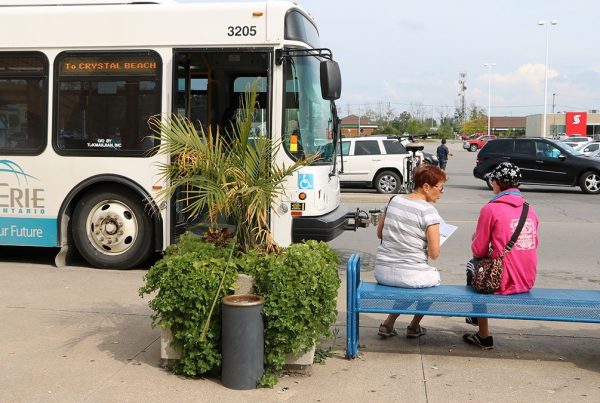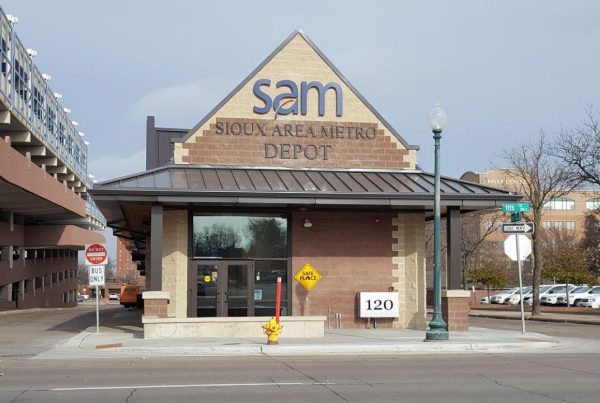“Disrupting the car service business will be easy. Making money off that disruption is going to be the tougher part of the equation.” – Aswath Damodaran, Professor at NYU Stern School of Business.
This past month, Pantonium had the tremendous opportunity to attend the Community Transit Association of America EXPO. From meeting a wide variety of transportation operators and learning about their businesses to attending enlightening discussions on the state of the transit industry, the CTAA EXPO is an incredible event for exploring fleet management software. Some of the key ideas we left with were:
- Many transit operators still use manual procedures for dispatch and routing
- Increasing the flexibility of transportation options for riders will help to enhance overall operations and provide added value to customers
- The best for transit is yet to come!
The EXPO pre-conference, which lasted for two days before the trade show, made for an engaging introduction to the trade show. This helped to contextualize the key ideas which arose during the event.
The “personalization” of transportation was a particularly popular idea at the CTAA EXPO this year. By diversifying transportation service management, especially with the aid of advanced dispatch software, transit companies can streamline their operations to provide greater service to customers while enhancing their profit margin. The personalization of transit is a movement not just about customer service, but also about running operations in a versatile and accessible manner.
A list of expert industry speakers (including moderator Sheryl Gross-Glaser from the CTAA) spoke on this movement and what it means for developing transit companies. These practices have specific benefit to rural and communities, where attempting to implement fixed-route service is no longer necessary. This is where benefits for both the provider and the rider become apparent; by maximizing each vehicle load to accommodate the greatest number of passengers per trip, demand is satisfied while keeping operating costs at a minimum.
Guest speaker Jarrett Walker presented on the inherent tradeoffs in transportation planning which have prevented transit to be regarded as a continuum of services. These include serving more people versus serving larger territories, connections versus system complexity, and other issues. Walker argues how transportation happens along a spectrum and if providers do not target the fringes, abundant access and boundless choices will be available in a network with all modes working together for the maximum benefit of a community.
The “Personalization of Transportation” talk introduced the discussions of systems falling in between fixed route and demand response services. These include recently-launched, privately-owned companies such as SPLIT, Bridj, and Flexbus. Fleet management software advancements make them an important player in serving market segments untouched until now.
Several sessions were given about One-Call/One-Click Centers funded by Veterans Transportation and Community Living Initiative grants. As a result of this, The Atlanta Regional Commission used their grant to develop an open-source system: Simply Get There. As well, The Northeast Florida Mobility Coalition used open-source software to develop its own system: Transportal. This represents open source systems as the new future in transit connectivity.
This is a time of many challenges in transit: financial uncertainty, increasing services demand, need for flexible, efficient and outcome-based systems, and technological changes revolutionizing the way people want to travel. Transit providers need to seize this moment and embrace the changing world of public transit. Partnership building is more important than ever. In this new economy of sharing, we are greater together than the sum of our parts. Partnerships create an abundance of transit choices making up a greater public transit system people find worth walking to. By having a greater degree of accessibility to transit functions,
The annual Community Transportation EXPO is the chance to join colleagues from around North America and share fresh ideas, innovative products and services. In addition to the important discussions on the legislation, dozens of training sessions are provided as well as workshops and networking events allowing advancement of understanding transit issues, developing fresh solutions to challenging issues and helping to outline new approaches to transportation. It is a great time to be in the transportation industry, and Pantonium is excited to be a part of new developments for transit agencies. Pantonium’s vehicle dispatch software is tailored to suit the needs of transportation companies specializing in NEMT and paratransit, as well as public transit and ridesharing.
Join EXPO 2016 in Portland, OR May 22-27, and see more here.
For more information on transit and ridesharing solutions, please feel free to contact us any time at info@pantonium.com



